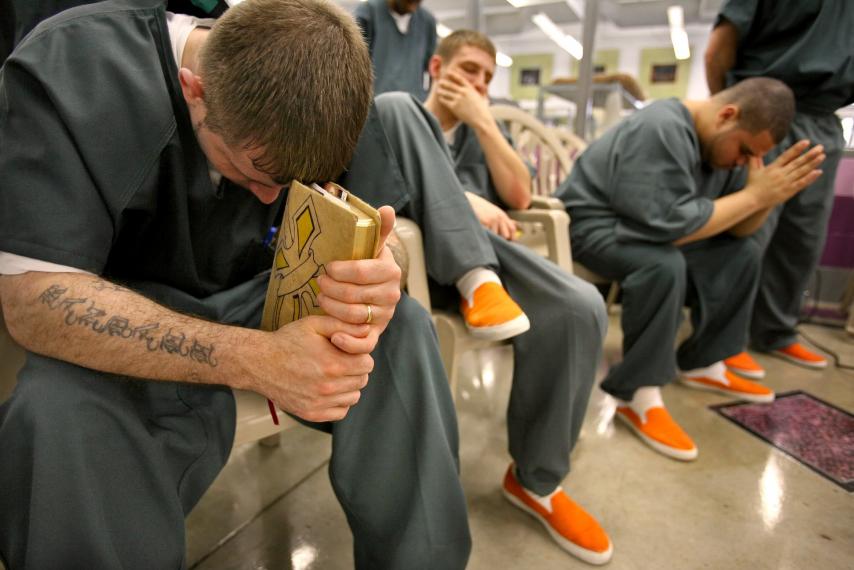Kerby Anderson
The crime rate is up in many cities, so maybe it’s time to consider a solution rarely suggested. Let’s see what faith-based organizations and people of faith can do. The evidence is that they can reduce the crime rate and the recidivism rate in our prisons. This is the argument Baylor University criminologist Byron Johnson makes in his book, More God, Less Crime.
Sadly, most social scientists and even criminologists seem reluctant to make the connection between faith and the impact religious perspectives could have on America’s crime problem. Dr. Johnson believes that a faith-based ministry or message doesn’t resonate with most social scientists. Many are even hostile to religion, as demonstrated by the opening chapter in his book entitled, “The Last Acceptable Prejudice.”
Dr. Johnson also says that faith-based organizations are merely tolerated within the criminal justice system. In some places, they are seen as valuable and even helpful. In other jurisdictions, they are viewed with suspicion. This is unfortunate since the criminal justice system is facing cutbacks and shrinking budgets. Prison ministries like Bill Glass, Prison Fellowship, and Kairos Prison Ministry can provide people and programs that can make a difference. Faith-based organizations of all kinds can provide volunteers and educators to help with programs in life skills and adult education.
The book is full of positive examples of what can happen when Christians get involved in their local community. He tells the story of “The Boston Miracle” where police and pastors worked together to break the stranglehold gangs had in the community. He also talks about the mission of the Center for Neighborhood Enterprise and violence-free zones. And he even gives practical advice on the important issues of prisoner reentry and aftercare.
Most importantly, he provides a review of the literature so that churches and faith-based organizations can show skeptics that the title of the book is true: More God, Less Crime.
 Listen Online
Listen Online Watch Online
Watch Online Find a Station in Your Area
Find a Station in Your Area











 Listen Now
Listen Now Watch Online
Watch Online
